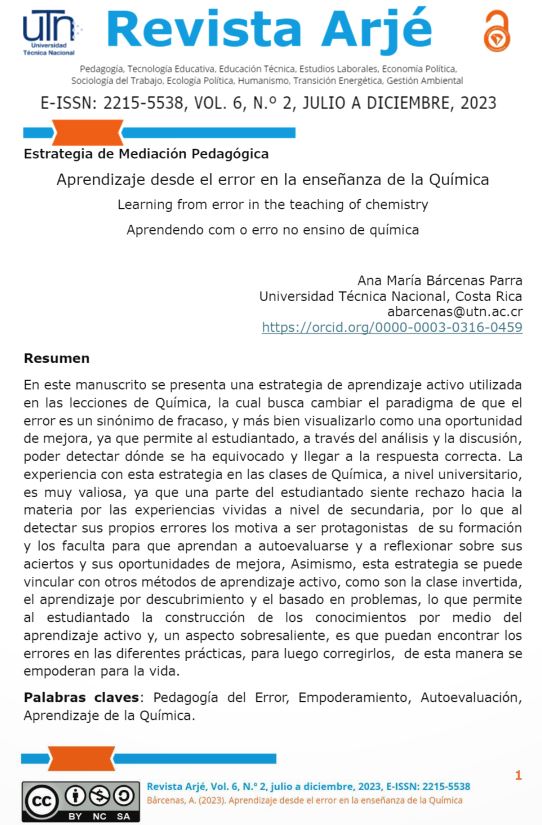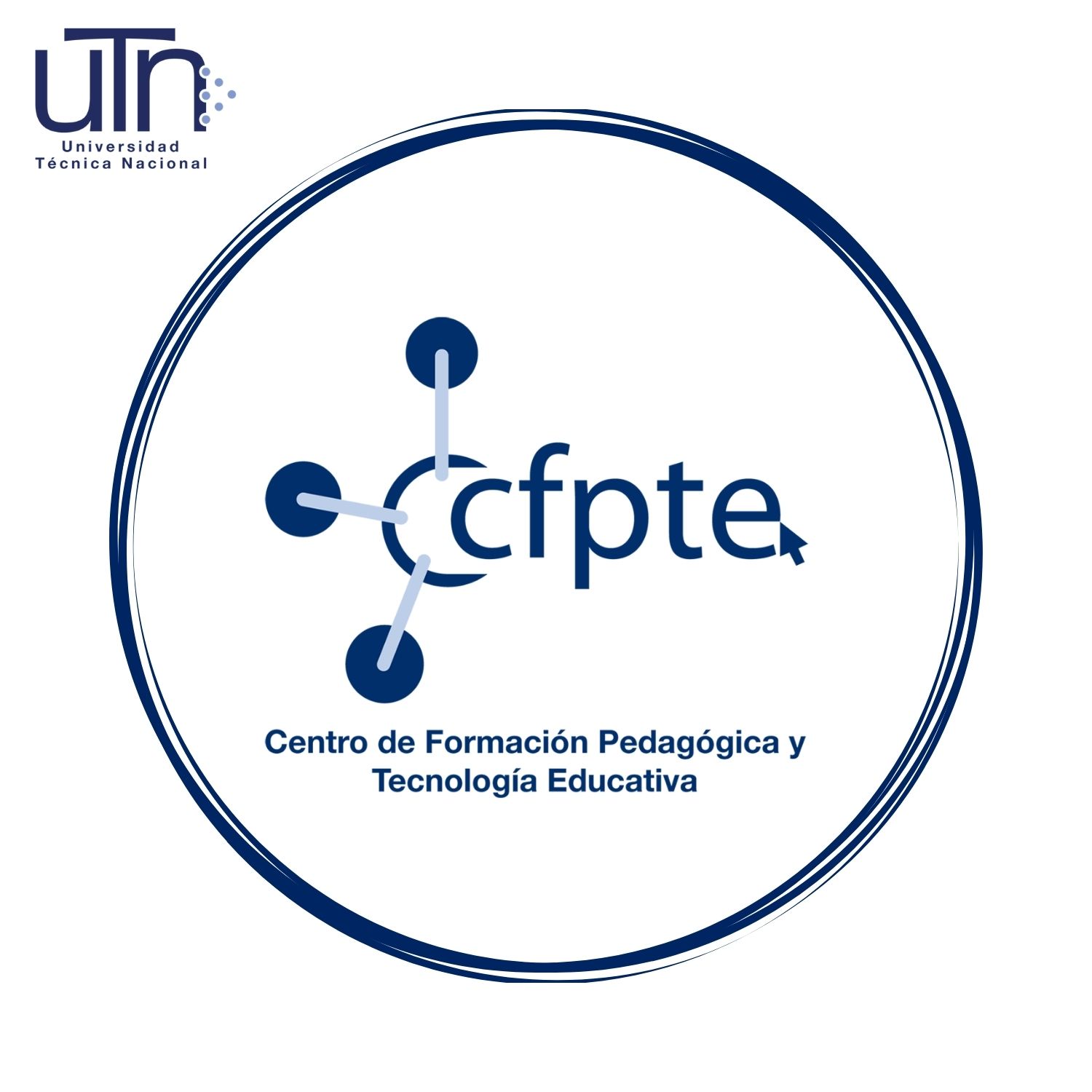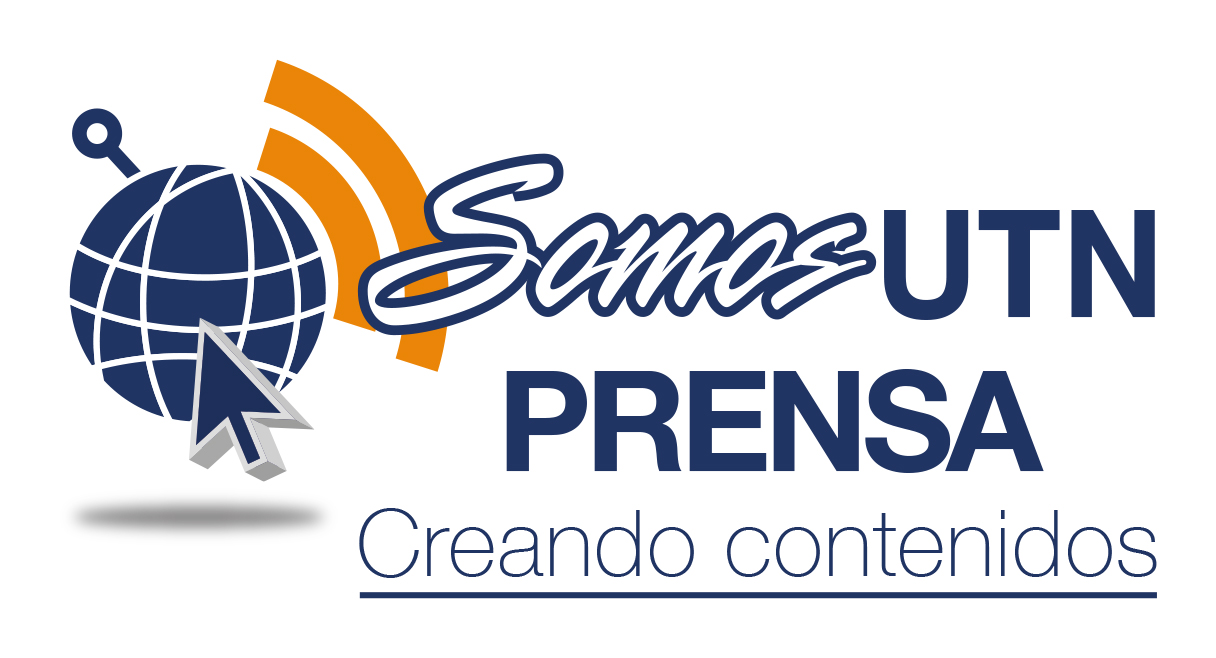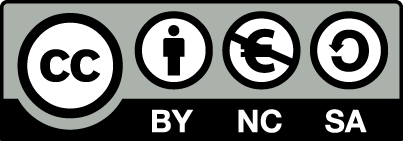Learning from error in the teaching of chemistry
DOI:
https://doi.org/10.47633/arje.v6i2.662Keywords:
Pedagogy of Error, Empowerment, Self-assessment, Learning ChemistryAbstract
This manuscript presents an active learning strategy used in Chemistry lessons, which seeks to change the paradigm that error is a synonym for failure and rather visualize it as an opportunity for improvement, since it allows the student through analysis and the discussion to be able to detect where you have made a mistake and be able to arrive at the correct answer. The experience with this strategy in Chemistry classes at the university level is very valuable, since many students feel rejection towards the subject due to the experiences they had at the high school level, so being able to detect their own errors motivates them to be protagonists of their own training and empowers them to learn to self-evaluate and reflect on their successes and opportunities for improvement. Likewise, this strategy can be linked to other active learning methods, such as the flipped class, discovery learning and problem-based learning, which allows students to build knowledge through active learning and, most importantly, to be able to find errors in different practices and then correct them, which empowers them for life.
Downloads
References
Arce, C. (2019. Flipped Classroom o Aula invertida. Revista Arjé. 2, 1 (pp 27-32) http://revistas.utn.ac.cr/index.php/arje
Gamella, D. (2019). El acierto de las equivocaciones: Aportaciones de la neurociencia cognitiva al proceso de aprendizaje. Pulso, 42, (pp 167-180) ISSN: 1577-0338.
Giordano, R. (2014). Una propuesta de reflexión sobre la tarea didáctica del error. Lingue Linguaggi 12 (2014), 97-110. ISSN 2239-0367, e-ISSN 2239-0359DOI 10.1285/i22390359v12p97 https://siba-ese.unisalento.it
Giráldez, A. (s.f.). El error como oportunidad de aprendizaje. ¿Y si dejamos de castigar los errores? Educación 3.0. https://www.educaciontrespuntocero.com/noticias/dejamos-castigar-los-errores/
Modelo Educativo UTN (2018). https://utn.ac.cr/content/modelo-educativo
Muñoz, B. (2021) La consideración y tratamiento del error en la producción lingüística de aprendices de segundas lenguas: una aproximación teórica Lexis Vol. XLV (1) 2021: 191-225. https://doi.org/10.18800/lexis.202101.005
Restrepo Gómez, B. (2009). Aprendizaje basado en problemas (ABP): una innovación didáctica para la enseñanza universitaria. Educación Y Educadores, 8, 9–19. https://educacionyeducadores.unisabana.edu.co/index.php/eye/article/view/562
Vera, M. (2022) Retroalimentación como herramienta efectiva para el aprendizaje. Rev. Tzhoecoen. Vol. 14 / N. º 2, pp. 21-33 ISSN: 1997-8731 DOI: https://doi.org/10.26495/tzh.v14i2.2281









